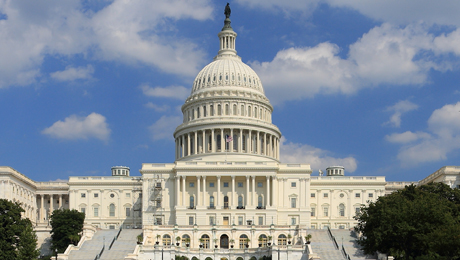
With the new Congress convening amidst challenges to the election results and violent street protests, it may appear that lawmakers are inevitably headed for the same kind of polarization that produced gridlock in the last Congress, one of the least productive in recent decades. This is widely assumed to be due to polarization in the American public.
However, a new analysis of a limited number of in-depth surveys found 65 proposals in recent Congressional legislation across a wide range of policy areas, that elicited support from majorities of Republicans and Democrats. Several additional proposals did not get majority support from one or the other party, but were nonetheless found “tolerable,” indicating that many people would not oppose these policies.
The analysis was conducted by Voice of the People and Common Ground Solutions, both nonpartisan organizations that do not take positions on the issues.
In these surveys, representative samples of Americans evaluated proposals in legislation during the last Congress related to police reform, immigration, healthcare, federal poverty programs, energy and the environment, taxes, Social Security, government reform, sentencing reform, nuclear weapons, international trade, and the U.S. Postal Service.
The surveys, unlike traditional polls, ensured that respondents had a well-rounded understanding of each proposal. Respondents went through an online exercise in which they read briefings on the policy proposals and weighed arguments for and against each, before making their recommendations. The content was evaluated by opponents and proponents of each policy to ensure that the briefing was accurate and balanced, and that the arguments were the strongest ones being made.
Most of the surveys were conducted by the University of Maryland’s Program for Public Consultation (PPC). The analysis also included data from Stanford University’s Center for Deliberative Democracy, which conducts “deliberative polls” augmented by in-person events with briefings and discussions.
“Clearly, there is quite a lot of common ground in the public that Republicans and Democrats in Congress could build on,” commented Steven Kull, president of Voice of the People, director of the Program for Public Consultation at the University of Maryland and the primary investigator of the analysis.
“At this extraordinarily wrenching moment in our nation’s history, we want lawmakers to know that Americans are not as polarized as it seems. There are many proposals with bipartisan support that Congress could enact right out of the gate,” said Jillian Youngblood, executive director of Common Ground Solutions.
The list of proposals in recent Congressional legislation that elicited support from majorities of Republicans and Democrats can be found here.

Be the first to comment